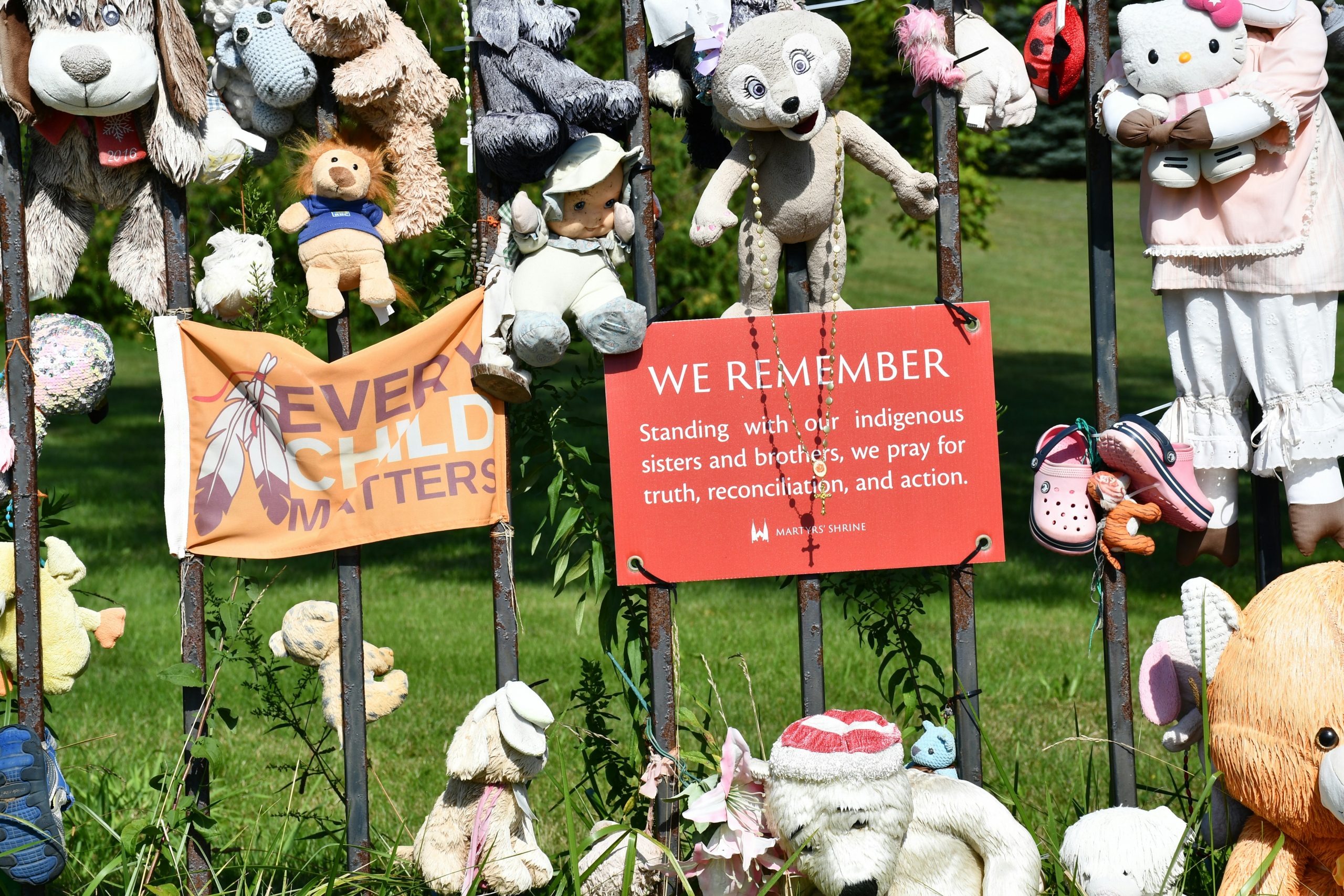On September 30th, Canada observes National Truth and Reconciliation Day, also known as Orange Shirt Day. This day is dedicated to honouring the survivors of residential schools, their families, and their communities, while also acknowledging the children who never returned home. It’s a time to reflect on the injustices of the past, seek the truth about Indigenous history, and work toward healing and reconciliation.
The History Behind National Truth and Reconciliation Day
National Truth and Reconciliation Day was officially established in 2021 in response to the Truth and Reconciliation Commission’s 94 Calls to Action. The day seeks to recognize the history of the Indian Residential School System in Canada, which forcibly removed Indigenous children from their families and communities for over a century. These schools sought to erase Indigenous cultures, languages, and identities in an effort to assimilate children into Euro-Canadian society.
The legacy of residential schools left deep scars on Indigenous communities, causing intergenerational trauma that persists to this day. Thousands of children suffered neglect, abuse, and cultural disconnection within these institutions, and many never returned home. The truth about these schools and their impacts was largely hidden from mainstream Canadian consciousness for decades. National Truth and Reconciliation Day aims to bring these truths to light and ensure that this painful history is never forgotten.
The Significance of the Orange Shirt
Orange Shirt Day is symbolized by the wearing of an orange shirt, inspired by Phyllis Webstad’s story. In 1973, at the age of six, Phyllis was sent to a residential school in British Columbia. On her first day, she wore a brand-new orange shirt that her grandmother had bought for her. Upon arrival, the shirt was taken from her, leaving her feeling as though she didn’t matter. The orange shirt has since become a powerful symbol of the impact of residential schools and the loss of Indigenous identity and culture.
By wearing orange on September 30th, Canadians are encouraged to show solidarity with Indigenous communities and raise awareness about the lasting effects of the residential school system.
Why Reconciliation Matters
Reconciliation isn’t just about remembering the past—it’s about creating a better future. It requires that all Canadians acknowledge the harm done to Indigenous peoples and work together to build respectful relationships based on truth, understanding, and healing.
There are many ways to participate in reconciliation, from educating yourself about Indigenous history and the impacts of colonialism to supporting Indigenous-led initiatives and listening to the voices of survivors. Attending local events, reading books by Indigenous authors, and engaging in meaningful conversations are also important steps toward understanding the depth of the trauma and fostering unity.
Moving Forward Together
As a nation, recognizing National Truth and Reconciliation Day is just the beginning. It’s crucial that we not only take time to reflect on the legacy of residential schools but also continue to address the systemic inequalities that Indigenous communities still face today. Reconciliation requires ongoing commitment, active listening, and purposeful action.
By standing in solidarity with Indigenous peoples and embracing the truth of Canada’s history, we can collectively work toward a more just and equitable future.
On this National Truth and Reconciliation Day, let’s honour the survivors, remember those who were lost, and commit to being part of the healing process.

 Facebook
Facebook
 X
X
 Pinterest
Pinterest
 Copy Link
Copy Link



